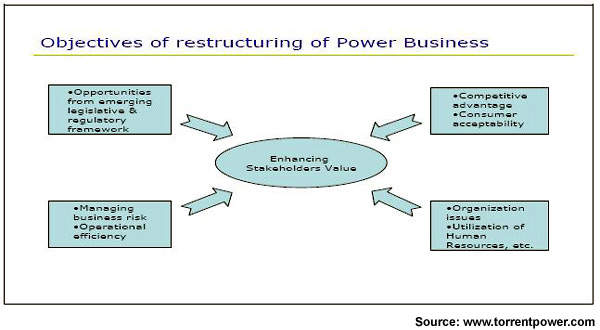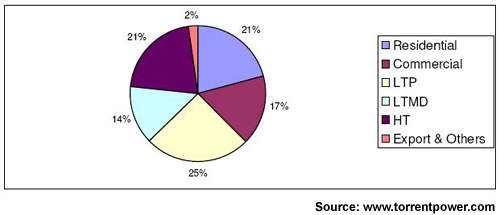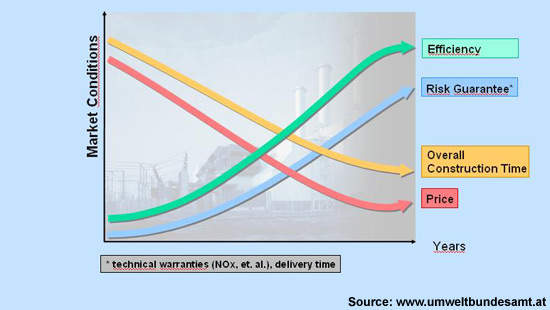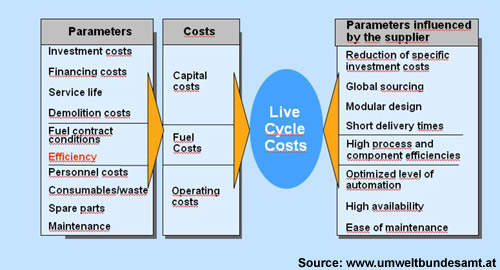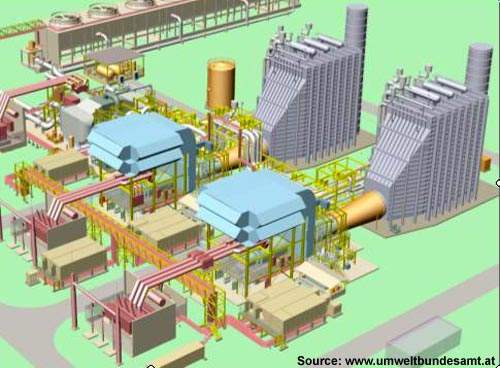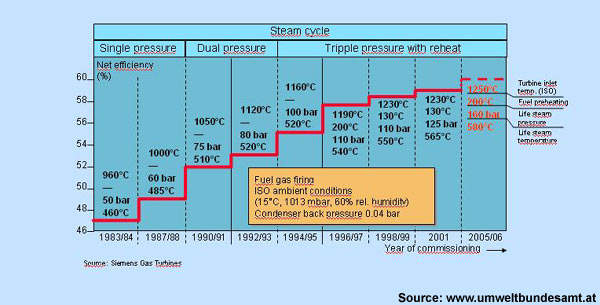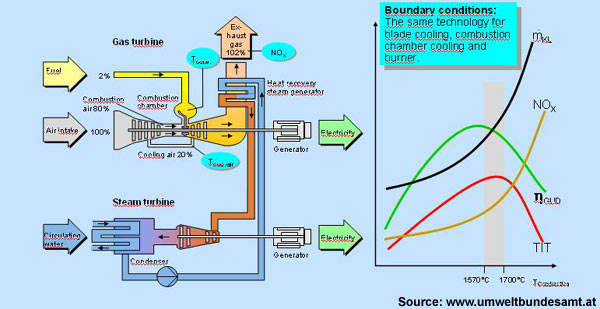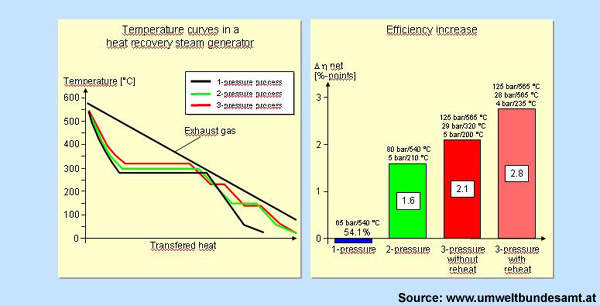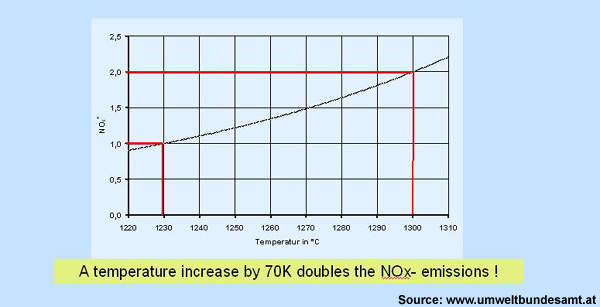The 1,147.5MW Sugen combined-cycle power plant at Akhakhol in Gujarat, India, was commissioned in August 2009. Construction of the Rs30,960m (€500m) plant began in 2005.
The plant is owned by Torrent Power, part of the Torrent Group based in Ahmedabad, Gujarat. The company diversified into power by acquiring The Ahmedabad Electricity Company and Surat Electricity Company – two of India’s oldest utilities.
In October 2009 Torrent announced an expansion programme for the Sugen Mega Power Project. Known as Unosugen, the programme involves setting up a 382.5MW gas-based combined cycle power plant at the existing site. The EPC contract for the Unosugen project was awarded to Siemens in July 2010. Siemens will also supply the main components including gas and steam turbines, a generator and the entire electrical, instrumentation and control systems.
Sugen finance
Torrent Power Generation invested Rs30,960m in the Sugen CCGT plant. The debt-equity ratio was 70:30, with Asian Development Bank having a 10% equity share and DEG Germany with 5%.
The debts were arranged by a consortium of investors made up of Infrastructure Development Finance Corporation (IDFC), Industrial Development Bank of India (IDBI), Power Finance Corporation (PFC), Punjab National Bank, UCO Bank and Canara Bank.
Siemens also invested Rs930m in the Sugen project. Siemens and Torrent have formed a 50:50 joint venture to provide operation and maintenance services for the plant.
Sugen development
No Objection Certificates (NOC) were received from the Ministry of Environment and Forests and Gujarat Pollution Control Board. Approval was received for 15 million gallons per day of water (68 million litres per day) from Tapi River.
Hazira LNG terminal is 50km from the plant, and Dahej LNG terminal is 100km. The HBJ pipeline is 12km away, the GSPCL pipeline is 20km and the proposed Dahej-Uran pipeline is within 19km. The nearest airport is at Surat, about 30km from the site.
No Objection Certificates (NOCs) were received from Ministry of Environment and Forests, and Gujarat Pollution Control Board received. Approval was received for 15 million gallons per day of water (68 million litres per day) from Tapi River. National and International parties have been requested for offers to supply 53Tbtu of natural gas/LNG, equivalent of 4 to 4.5MMSCMD (million standard cubic metres per day).
An environmental management plan (EMP) was formulated to manage the impacts and an Environmental Management Unit (EMU) was created within TPGL. Rain Water Harvesting, ISO 14001 (Environment) and OHSAS 18001 (Safety) compliance are also planned.
Torrent awarded the turnkey engineering, procurement and construction contract to Siemens. This is Siemens’ second turnkey project for the Torrent Group, following the 655MW combined-cycle plant at Paguthan, which is also located in Gujarat.
The Sugen project uses Siemens’ combined-cycle (SCC) plant, operating in three blocks of 367MW each. A natural draft cooling tower, DM plant and a 220 / 400kV switchyard also form part of the project.
Siemens supplied three single-shaft modules with gas turbines, steam turbines, generators and electrical and I&C systems for the plant. The entire enabling infrastructure, including the intake well, water pipelines, reservoir, approach roads and boundary walls, were developed well ahead of the plant’s commissioning.
The main market, Torrent Power SEC, takes 50% of the power generated and is within 30km of the site. A dedicated 220kV transmission line supplies power to Surat, with Ahmedabad and other take-offs connected by two 400kV lines (a double-circuit stretching nearly 250km).
Torrent’s companies use 75% of the power generated by the project, and the remaining 25% is sold to Power Trading Corporation (PTC) for interstate and other sales.
Technology at Sugen
In a combined-cycle power plant, the hot exhaust gas of a gas or oil-fired gas turbine generates steam in a separate water / steam cycle. The hot steam is expanded in a steam turbine providing power to drive a generator.
In a multi-shaft arrangement, the gas turbine and the steam turbine are each connected to a generator. In a single-shaft arrangement, gas turbine and steam turbine drive the same generator.
Indian power market
India has an installed power of around 115GW, but the country still suffers from demand shortages and the overall demand is rising.
The Indian Government is therefore planning for another 100GW of power plants by 2012.
The Indian Government’s Ministry of Power has accorded mega power project status to the project, which exempts it from customs duty and import duty.

